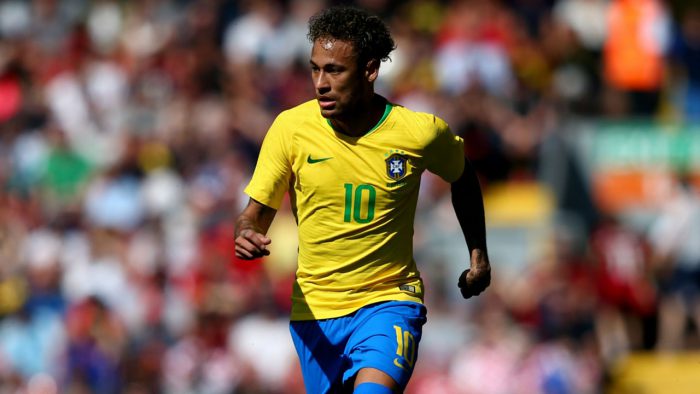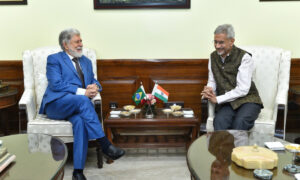
Picture Courtesy : Goal.com
The wounds inflicted by the worst defeat in Brazil’s proud football history began healing on July 29, 2014, three weeks after the side’s apocalyptic 1-7 defeat to Germany in the World Cup semifinals and seven days after 1994 World Cup-winning captain Dunga was named national team coach for a second time.
It was also the day that Adenor Leonardo Bacchi decided to stop crying and start fighting, reports Xinhua news agency.
“After the 1-7 defeat, I really believed I would have a good chance to be the next coach of the Brazilian team,” Bacchi, better known as Tite, wrote in the Players’ Tribune in May.
“I thought it might be my turn. When I was not selected for the job, I’ll be honest… I was frustrated, angry, very sad. However, at that moment, I thought of my mother. She was a fighter. Whenever our family struggled, she worked even harder.
“She sewed until her hands couldn’t move so that whenever I wanted a soda, the soda would appear like magic. Her example was my inspiration. For a week after that decision (Dunga’s appointment), I cried. After that, I started the fight,” added Bacchi.
That fight began with Tite, who was taking a sabbatical year and laying out plans for his return to football.
The first step saw him travel to Europe to learn from some of the game’s top coaches, including Arsene Wenger and Carlo Ancelotti. He returned to Brazil in December 2014 and immediately accepted an offer to coach Corinthians for a third time.
Eleven months later he steered the Sao Paulo club to the Brazilian Serie A title.
Tite remained in the role until June 2016, when he was finally named coach of Brazil, replacing Dunga after the team’s group-stage elimination from the Copa America.
At the time of his appointment, Brazil were languishing in sixth place in the South American zone qualifying standings for the 2018 World Cup.
The transformation was almost instant as Brazil proceeded to win nine consecutive competitive matches. In the meantime, they became the first team to qualify for Russia other than the hosts and reclaimed the world No. 1 ranking for the first time in seven years.
It wasn’t just the number of victories that made the football world take notice.
Under Tite, Brazil revived the attacking and flamboyant DNA of the country’s past generations, netting 30 goals in their final 12 qualifiers compared to 11 in their first six. Such form has led most bookmakers to install Brazil as one of the favourites for the tournament.
Few doubt Brazil’s standing as a rehabilitated giant of international football. But has the team overcome the psychological trauma of the 1-7 defeat?
According to Tite, the five-time world champions went a long way toward banishing any remaining ghosts in March with a 1-0 friendly victory over their 2014 executioners in Berlin.
“This has a huge psychological meaning, no one needs to fool themselves about that,” Tite said after the match.
Veteran defender Thiago Silva agreed, saying: “It was a matter of pride, after all that has been written and said.”
Midfielder Fernandinho said any lingering apathy among Brazilian fans resulting from the last World Cup will disappear when the Selecao play their first match against Switzerland in Rostov on June 17.
Meanwhile, Brazil’s players will be focused on stepping up the fight that Tite began almost four years ago; a fight that this football-obsessed nation is hoping will bring glorious redemption in July. They will be relying on the skills of their superstar Neymar to give them the trophy and forget the nightmare of 2014. Will they be able to do it ? Only time will tell.


















